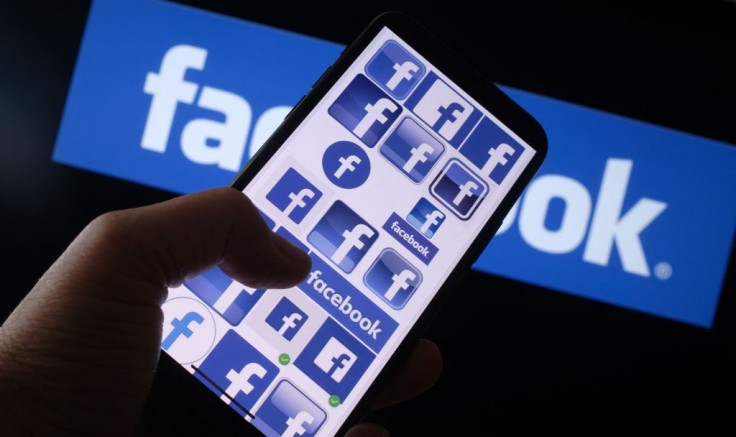
Researchers have found in recent studies that in the last decade, the need for treatment of mental health conditions and increasing mental distress among children and adolescents in North America has paralleled a steep rise in the use of smartphones and social media by the youth.
According to a report titled "Smartphones, social media use and youth mental health" published in the Canadian Medical Association Journal on Feb. 10, 2020, the proportion of teenagers reporting moderate to serious mental distress in Ontario increased from 24 percent in 2013 to 34 percent in 2015 and 39 percent in 2017 with parallel increases witnessed in health service utilization.
A similar correlation was reported in 2017, showing that teen depression and suicide were linked to smartphone use. According to Jean Twenge, one of the authors of the study, researchers found a sudden increase in symptoms of depression, suicide rates, and suicide risk factors among teens back in 2012, which was around the time when smartphones started gaining popularity.
Risk factors for suicide linked to cell phone use
According to the NPR report, Twenge's research showed that teens who spend five or more hours per day on their cell phones and mobile devices are 71 percent more likely to have one risk factor for suicide. The risk factor for suicide increases regardless of the content consumed by teens. Results showed that the amount of screen time goes hand in hand with the higher instances of depression and not the specific content consumed by the youth.
A research was published by the Child Mind Institute back in 2017, listing several negative factors related to teens who are using smartphones. According to the survey, eighth-graders who spend ten or more hours a week on social media platforms are 56 percent more likely to report being unhappy than those who spend less time.
Heavy users of social media also increase their risk of depression by 27 percent. Teens said that Snapchat, Facebook, Twitter, and Instagram increased their feelings of anxiety while they widely viewed YouTube as a positive force.
Lack of sleep linked to suicidal ideation
The study also found that more than twice as many girls as boys report being cyberbullied. The study showed that boys' depression increased by 21 percent between 2012 and 2015, while girls' depression increased by 50 percent during that same period.
Findings also suggested a link between teens' cellular device activity and their sleeping habits. Teens who spent three or more hours a day on their electronic devices were 28 percent more likely to get less than seven hours of sleep, while adolescents who visited social media sites every day were 19 percent more likely not to get adequate sleep.
Lack of sleep can negatively affect teens' moods and negatively impact their ability to react, regulate their emotions, think, learn and get along with adults. According to the Mining Gazette, multiple studies have shown that lack of sleep is linked to suicidal ideation.